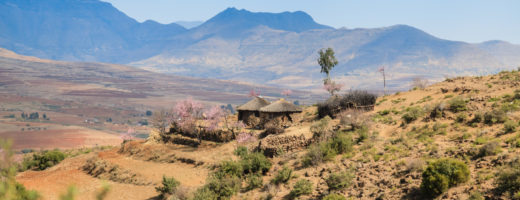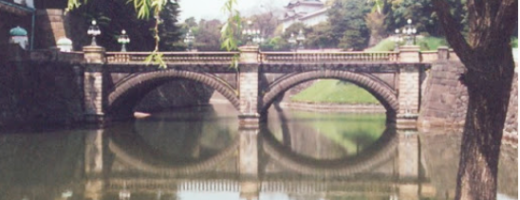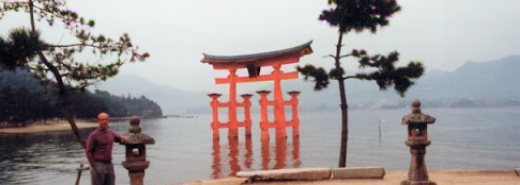Intro: Despite daunting persecution of gays in many countires, a guest author surveys mid-nineties optimistic gains in gay expression, gay pride activity and legal status around the world. Bangkok by John Duvoli The Economist Revised June 1, 2008 Photos by Richard Ammon Across the world a radical idea about homosexuals is gaining ground:
Japan comprises over 3,000 islands making it an archipelago. Japan has the world’s tenth largest population, with about 128 million people. The Greater Tokyo Area, which includes the de facto capital city of Tokyo is the largest metropolitan area in the world, with over 30 million residents. A major economic power Japan has the world’s second largest economy by nominal GDP and the third largest in purchasing power parity. It is a developed country with high living standards (8th highest) and a world leader in technology, machinery, and robotics.
Japan has had no laws against homosexuality. Technically, sex among consenting adults, in private, regardless of sexual orientation and/or gender, is not a crime under National legislation. However, some local governments and prefectures have indirectly addressed homosexuality by enacting laws that effectively raise the age of consent for homosexual conduct to eighteen, on the grounds of protecting the youth. Japanese civil rights laws do not include protection from discrimination on the basis of sexual orientation or gender identity. However, the city government of Tokyo has passed legislation banning discrimination in employment based on sexual identity. See gay rights in Japan.

Japan – Fukuoka, Mount Usu, Lake Toya, Nagasaki
Japan comprises over 3,000 islands making it an archipelago. Most of the islands are mountainous, many volcanic; Japan’s highest peak, Mount Fuji, is a volcano. On the north island of Hokkaido are volcanoes still active and steaming at Lake Toya. In the south of Fukuoka the scenes and people are unique and diverse, including the
Japan – Kyoto, Nagano, Hiroshima
Japan comprises over 3,000 islands making it an archipelago. Most of the islands are mountainous, many volcanic; for example, Japan’s highest peak, Mount Fuji, is a volcano. The country has one of the most efficient railroad systems in the world and a tourist is wise to buy a rail pass and travel the length of
Japan – Tokyo & Kyoto
Japan comprises over 3,000 islands making it an archipelago. Most of the islands are mountainous, many volcanic; for example, Japan’s highest peak, Mount Fuji, is a volcano. Japan has the world’s tenth largest population, with about 128 million people. The Greater Tokyo Area is the largest metropolitan area in the world, with over 30 million



